What are the top foods to beat depression and anxiety? And how do you get your kids to eat these foods? And do you grow them all on your farm?
These were some of the questions that I got to explore as a guest on The Ultimate Health Podcast with Jesse Chappus.
He asked me some thought provoking questions starting out with my childhood experience on the farm and what percentage of the food I eat is home grown. Of course we got into a few of my favorite topics- the microbiome and inflammation’s role in mental health.
We also talked about how it can be difficult for people to shift their dietary pattern or try new foods when they’re cooking for more than just themselves and I offered up some tips. I spilled some of my kids’ favorite recipes and which foods are…challenges in our home. This was a fun episode to record and definitely worth a listen!
You can listen to the episode on Apple or Spotify.
SHOW NOTES:
- [06:54] What my life was like growing up on a farm and how it led me to my career
- [14:15] My experience as a low fat vegetarian in medical school
- [20:34] What it’s like when I start working with a new patient
- [28:04] What it was like getting back to my rural roots and how it changed our family
- [31:30] I tell Jesse about the crops that grow on my farm in Indiana
- [37:25] The food categories I encourage my patients to consider eating more of
- [41:13] Why having a healthy microbiome is important for brain health
- [43:22] My take on serotonin’s misrepresentation
- [45:26] My love for BDNF explained
- [48:30] The role supplements play in my life and with my patients
- [56:39] What I eat in a day
- [1:01:13] How to cook for brain health as a parent with young kids
QUOTES
- [17:01] “I started thinking about really who am I as an eat, what matters to me, and how I’m making these decisions and I realized it was not based on science I’d read it was based on…echoed ideas I’d heard.”
- [32:12] “Everything that is on my plate….will have its carbon based on my farm.”
- [38:00] “If I say leafy green and you think salad, I want you to kind of up level your game a little bit and think more about things like pesto or kale chips…”
- [42:10] “The vagus nerve is like this neurological highway between the gut and the brain.”
- [44:38] “What’s most important is thinking about how do we, through our personal lifestyle, help actualize more brain health, more brain growth, less inflammation.”
- [47:42] “There are 6 nutrients that influence BDNF. Magnesium, Zinc, B12, there are some flavanols in plants, and in the long chain fats.”
- [1:11:53] “Having depression increases the amount of inflammatory factors in your body.”
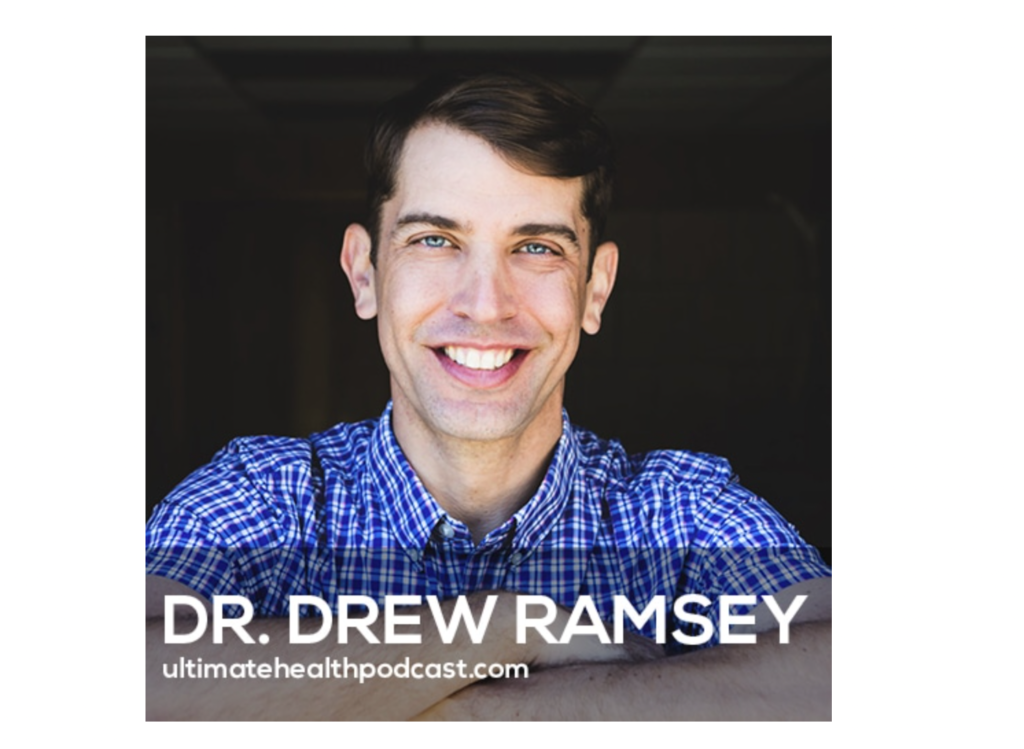
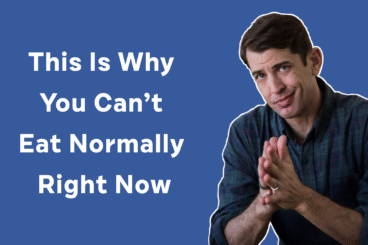
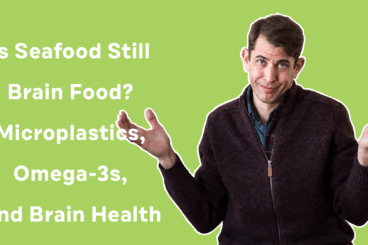
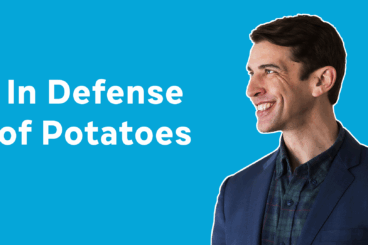
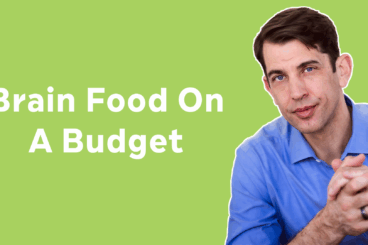
When I approach my clients with the idea that depression and anxiety can be alleviated by a shift in the foods they consume, they usually have one of a few responses:
-I find the information out there on what to eat and what not to eat is way too overwhelming for me in my depressed state. Too much information. Too many differing opinions.
-I’m so depressed that the one thing in my life that makes me feel better is the comfort food I eat. I don’t want to mess with something that’s working for me.
-I’ve tried so many different approaches to eating well for my mental health and none of them have worked yet. I’m tired of putting so much effort into something that has not brought me any closer to healing.
How can we bring this good information forth when people are understandably exhausted from all the effort it takes to survive?
Hi Virginia, these are great questions and it’s so true, the information can be overwhelming, especially when someone is already struggling. In our practice we always offer information about changing dietary patterns, but we never push someone beyond what they are ready and wanting to do. And when we do start incorporating brain foods, we work with what patients are already doing well first. Maybe they love snacking on berries, or love smoked salmon – if we can start with promoting something they’re already doing well, it can help give them more confidence to make more changes. From there we take things one step at a time. It’s a lot to overhaul your entire diet, it’s a lot easier to make one or two changes at a time. Thanks for all you do!